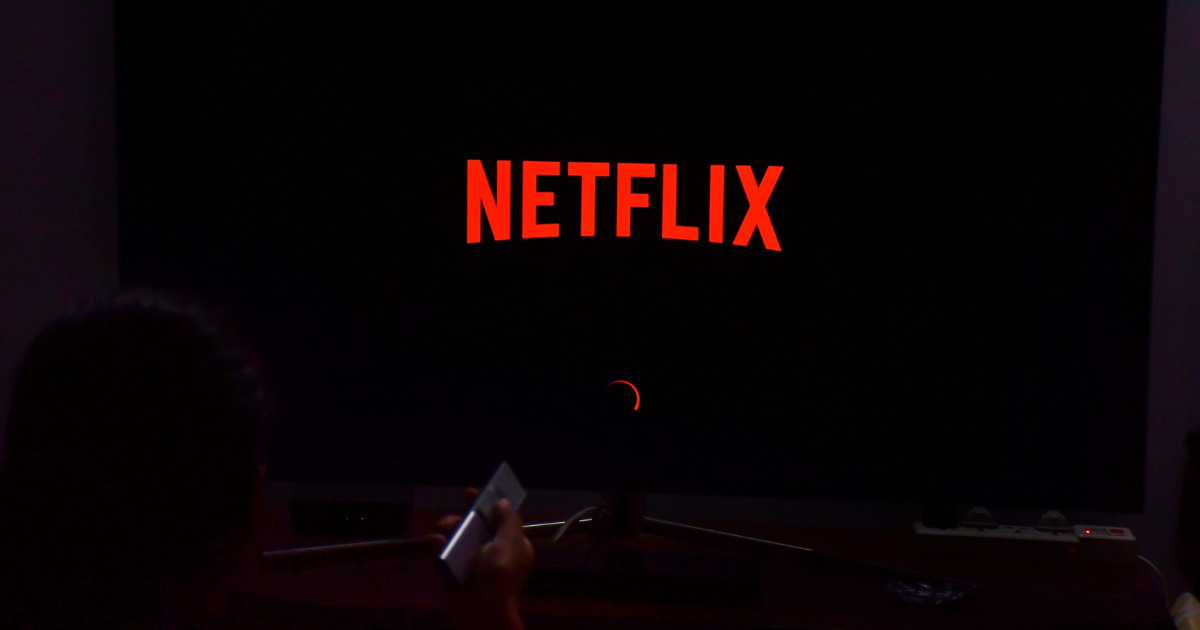Legislative error in Online Streaming Act removes privacy safeguards
The Online Streaming Act is facing renewed criticism, this time for inadvertently removing privacy safeguards.
The Online Streaming Act is facing renewed criticism, this time for inadvertently removing privacy safeguards.
“A provision stating that the Broadcasting Act “shall be construed and applied in a manner that is consistent with the right to privacy of individuals” was removed from the bill, leaving in its place two-near identical provisions related to official languages,” wrote University of Ottawa law professor Micheal Geist in a blog post this week.
“The net effect is that with little notice the Broadcasting Act has for the past two years included an interpretation clause that makes no sense and efforts to include privacy within it are gone.”
The error was first noticed by Monica Auer, executive director of the Forum for Research and Policy in Communications.
The Department of Canadian Heritage confirmed it was aware of the “inadvertent oversight” and would be “looking into it.”
The Online Streaming Act forces platforms like Netflix, Amazon Prime and Spotify to promote and financially contribute to Canadian content.
Sen. Julie Miville-Dechêne introduced an amendment to the act during its legislative process on the recommendation of the federal privacy commissioner, which ultimately became part of the legislation.
The Act originally stated it would be interpreted consistent with privacy rights. However, a 2023 official languages bill mistakenly replaced this privacy clause with a second provision on linguistic communities, leaving the streaming bill with no privacy protections.
A Heritage spokesperson told the Canadian Press that public and private-sector privacy laws still apply to the CRTC and broadcasters, saying "Those regimes apply regardless of the interpretive provisions in the Broadcasting Act.”
However, Miville-Dechêne responded to those comments by saying more still needed to be done to address the issue.
"If the privacy commissioner said in his testimony that the privacy question should be reinforced, it's because he was not convinced that the general privacy law would be enough," she said.
Geist also agreed that further amendments were still needed, saying it’s the government’s “careless approach that leads to errors that undermine the very intent of legislative reform.”
“Once the government turns to that mistake, it should also address some of the other major mistakes in Bill C-11, including the rules on regulating user content, which required a policy directive to the CRTC as a temporary fix,” wrote Geist.





I highly doubt that was an accident!